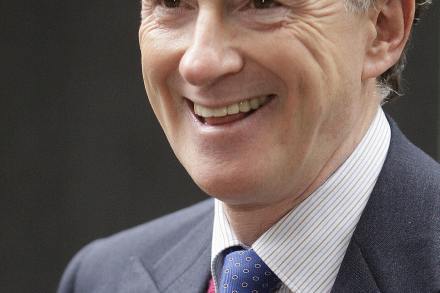Will Peter Mandelson end up a national treasure?
I know this will be anathema to most Coffee Housers, but I can’t help wondering if Peter Mandelson will become a much-loved figure once he leaves the political stage. Tony Benn proves that even the most controversial political figures can work their way into the nation’s affections once they are out of power. The thought first occurred to me at The Spectator Parliamentarian Awards where Mandelson reveled in playing up to his own reputation; if Alan Rickman was ever to tire of the role, Mandelson would be perfect for the part of Severus Snape in the Harry Potter movies. Now, we hear from Andrew Sparrow that Mandelson is promising to








